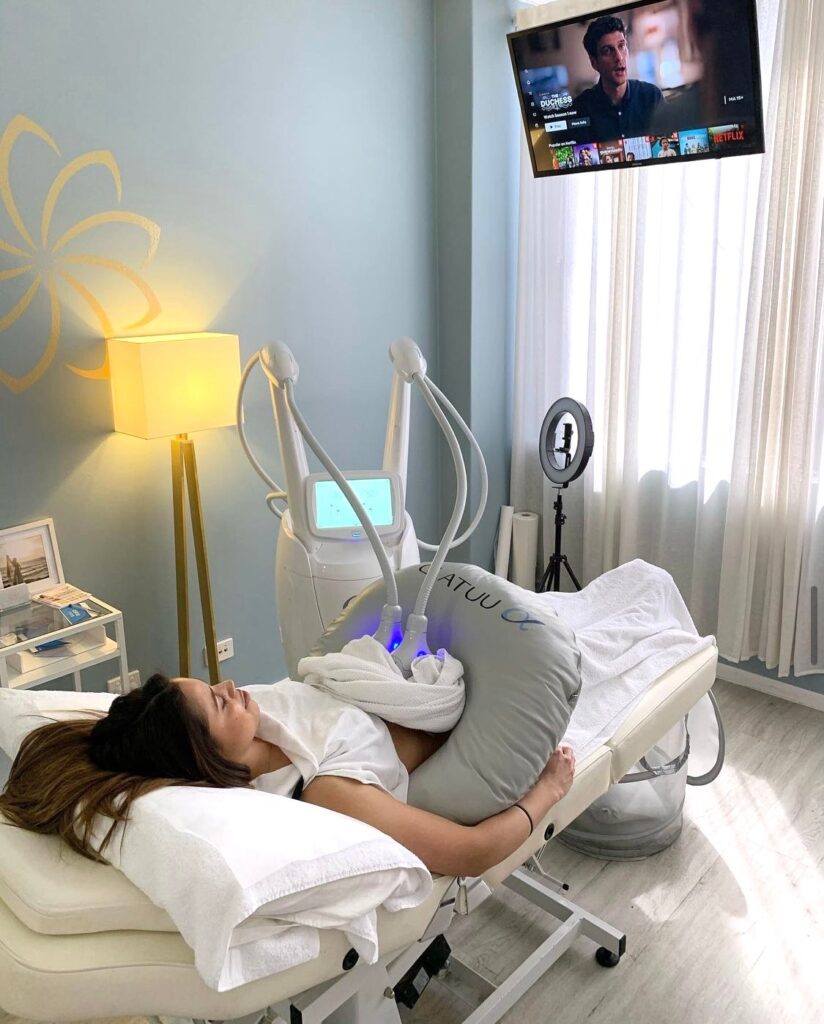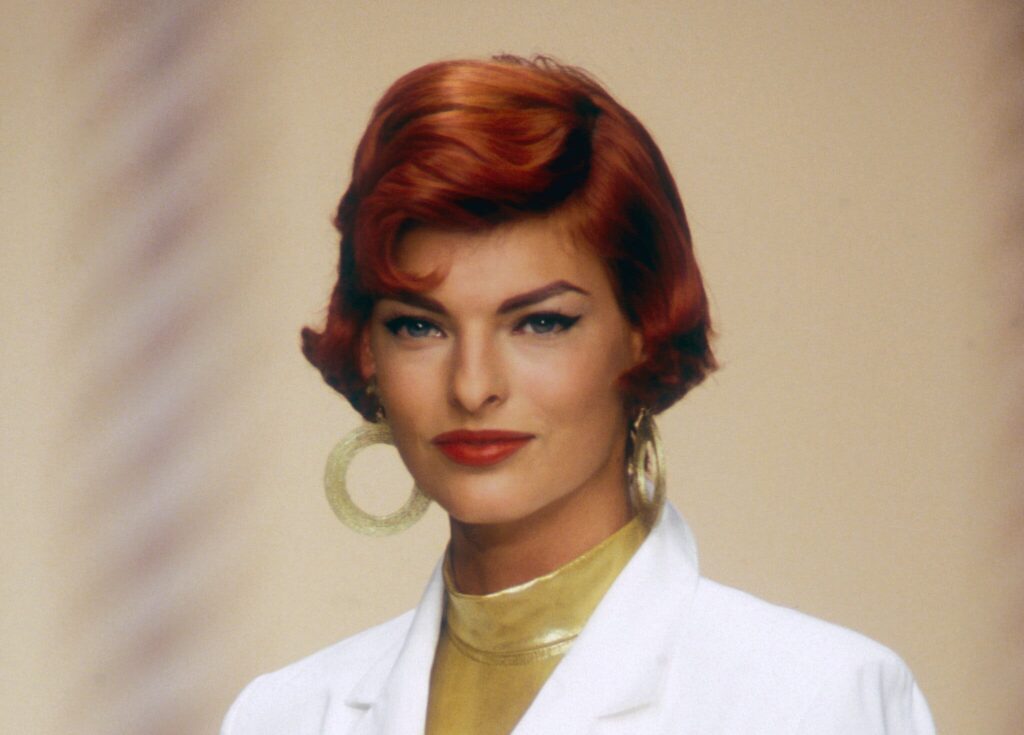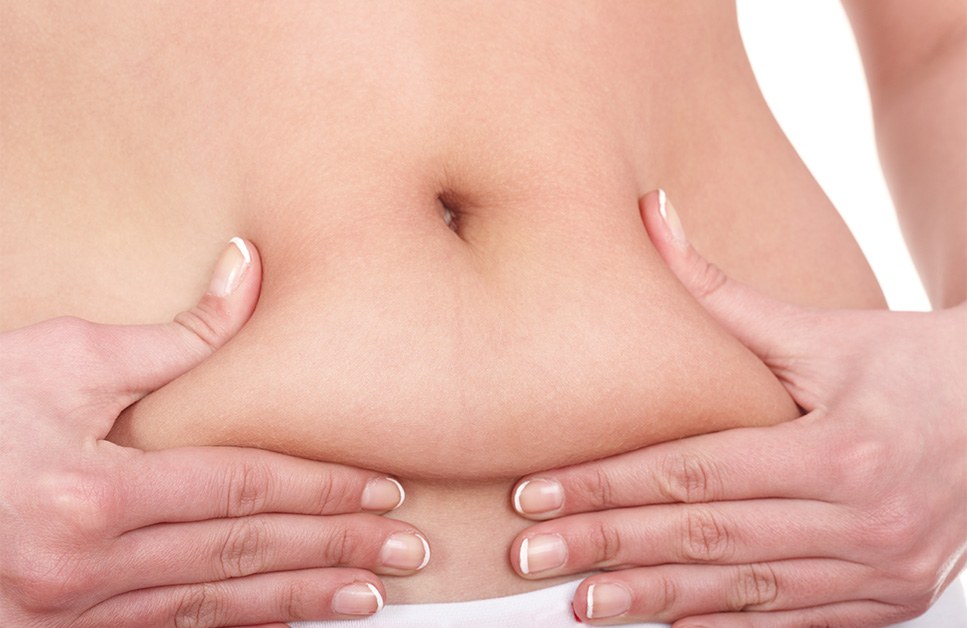
Gaining Weight And Losing Sleep?

Are you getting enough z’s? At Body Catalyst we understand the importance of sleep and the impact it has on our body.
Are you getting enough z’s? At Body Catalyst we understand the importance of sleep and the impact it has on our body. Research shows that there is a substantial difference between 5 and 8 hours of sleep. As part of our holistic approach to fat loss and wellness, we enlisted the help of Sleep Specialist Olivia Arezzolo to explain how hitting the hay can affect our health and weight loss efforts.
Food cravings and tiredness.
We often hear that our clients get more food cravings when they are tired. Arezzolo explains that partial sleep deprivation, that is, anything below 7 hours, has been shown to predict an increased demand for an extra 385kcal daily.
Tangibly, this is a small portion of chicken and rice, a piece of chocolate cake or 3 glasses of wine! She tells us that because our cortisol levels can increase by as much as 37% after just one night of sleep deprivation, it makes us more likely to crave carbohydrates rich food such as cakes, bread and pasta.
Not only does being tired mean that we are less inclined to exercise, but not getting enough shut eye also increases cravings and can interrupt our hunger hormones in the long term. Arezzolo tells us that according to the Wisconstin Sleep Cohort Study, people who habitually experience 5 hours of sleep instead of 8 had 14.9% higher levels of grehlin, the hunger promoting hormone, and 15.5% lower levels of leptin, the hormone to suppress hunger.
Are sleep duration and body mass index related?
She says that the same study shows that BMI (Body Mass Index) increases proportionally to the amount of sleep lost. They concluded this contributed to an increased yet insatiable appetite; and that it was likely to lead to weight gain.
In fact, the connection between sleep and weight gain is so strong that studies have also found that sleep and obesity has a bi-directional link. In these 17 studies, poor sleep predicted obesity; and obesity predicted poor sleep. According to Arezzolo, in Australia 2017 data published by the National Sleep Foundation reported 39.8% of individuals are suffering inadequate sleep. This is a pretty scary statistic!
In our clinics we sometimes joke that our clients are relaxed enough to have a little nap during treatments. Turns out it’s not such a joke after all. For weight management and overall wellness, it’s time to get serious about sleep.
Top tips for sleep optimisation.
If you’re struggling to snooze you can try these tips for sleep optimisation:
- Create a relaxing pattern to wind down. Try doing some meditation or breathing exercises before sleep or a relaxing cup of camomile tea.
- Reduce stimulation from blue light. Turn on “night mode” on your phone or switch your device off 30 minutes before bedtime. (You could also try blue blocking glasses, the orange lenses reduce the stimulating effect of screen light)
- Use lavender oil on your pulse points. It’s known to have relaxing and calming qualities.
- Avoid caffeine after 12pm: try switching your afternoon coffee to an herbal or dandelion tea instead.
- Keep a journal. Got a lot on your mind? Try writing down some of your thoughts before you go to sleep, so they aren’t running around in your head keeping you awake.
- Ideally, reduce gluten, dairy, sugar and alcohol especially in the evening. These are pro-inflammatory substances, meaning they raise your cortisol levels; which makes it harder for you to sleep.
- Have sex! (seriously!). Sex is one of the best relaxation practices around!
- Seek support so you can create change. Just like you have a personal trainer for fitness; if you’re struggling with sleep, then you can enlist an expert to help you see results.
For more information on fat loss or overall wellness please contact one of our qualified Body Catalyst therapists to book your consultation.
If you are interested in sleep optimisation programs from The Sleep Solution, please contact Olivia Arezzolo and ask about our special Body Catalyst discount on sleep coaching and programs.










